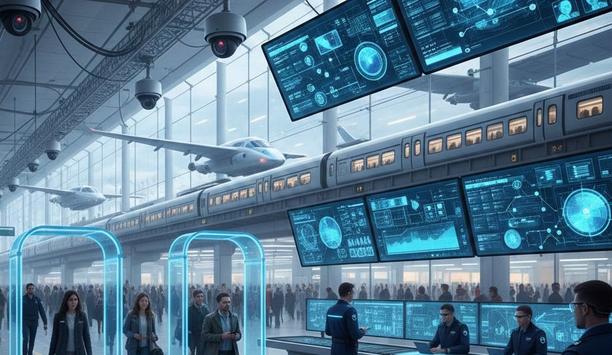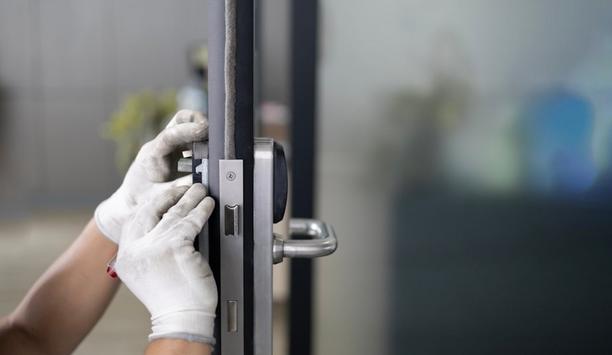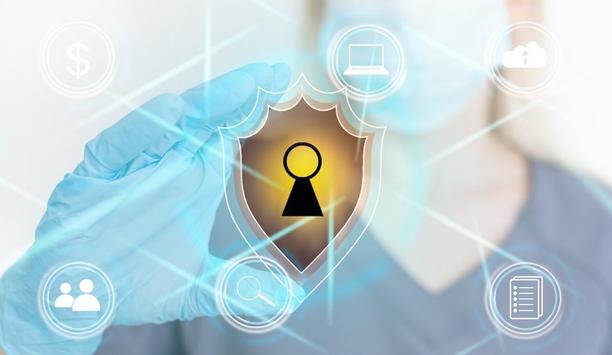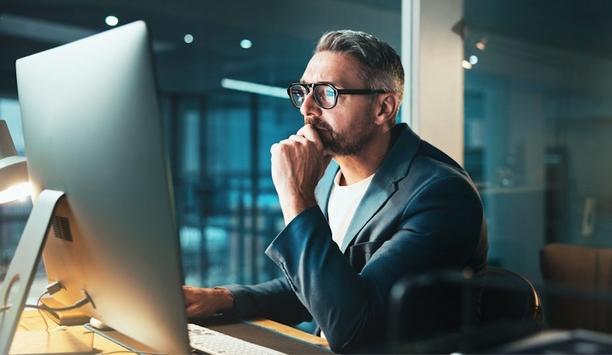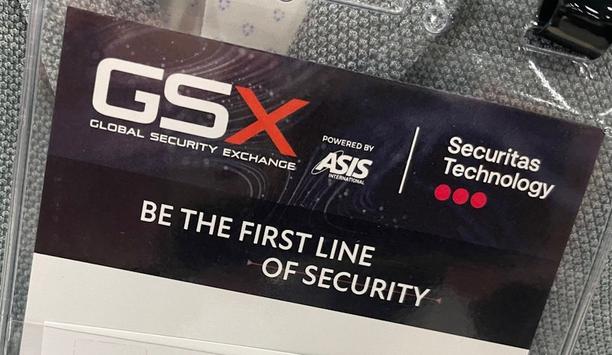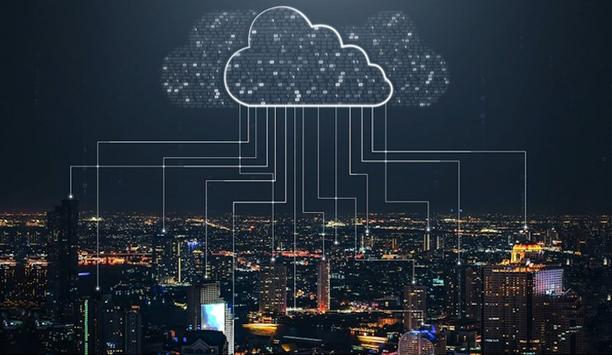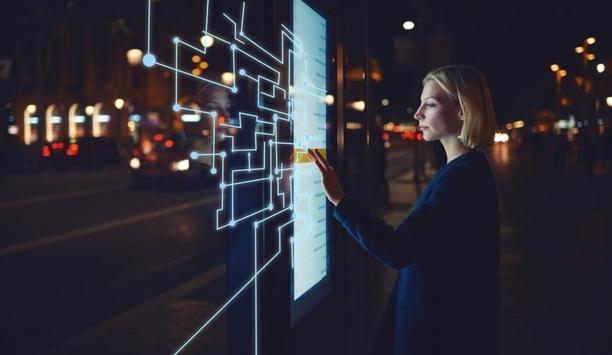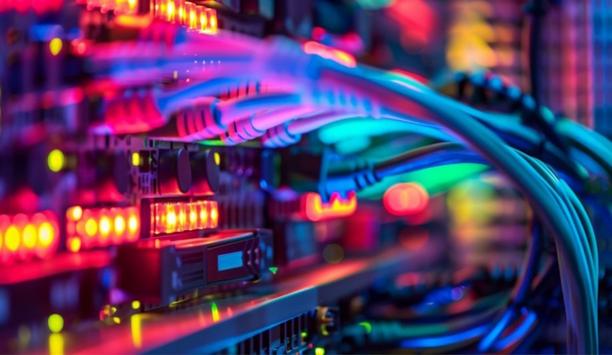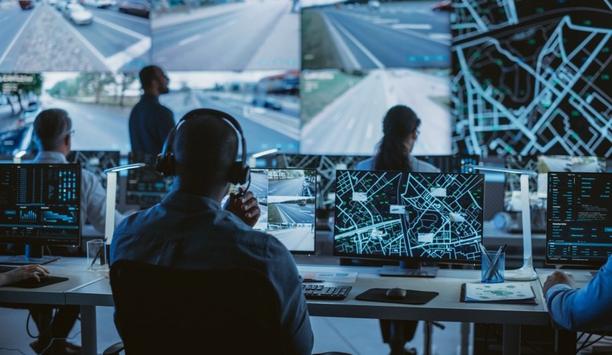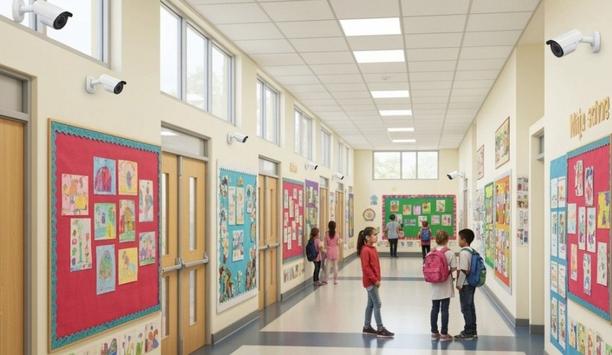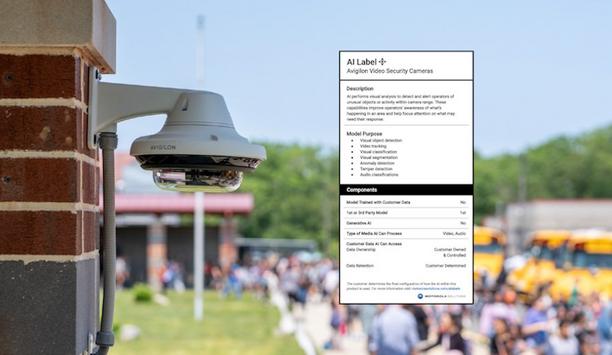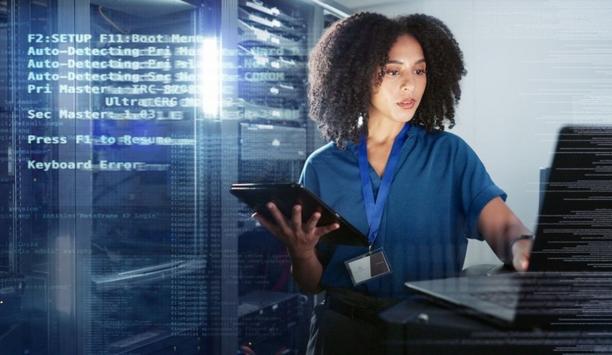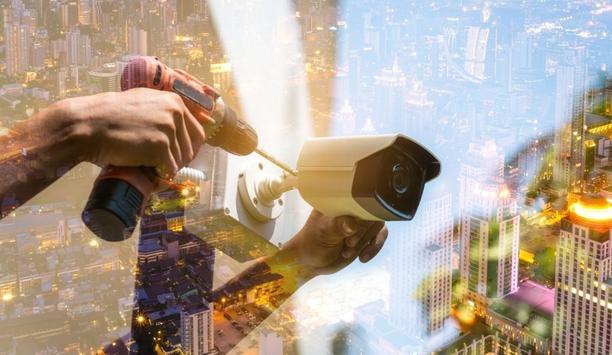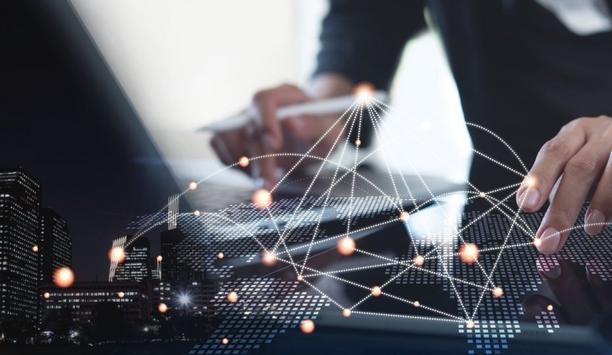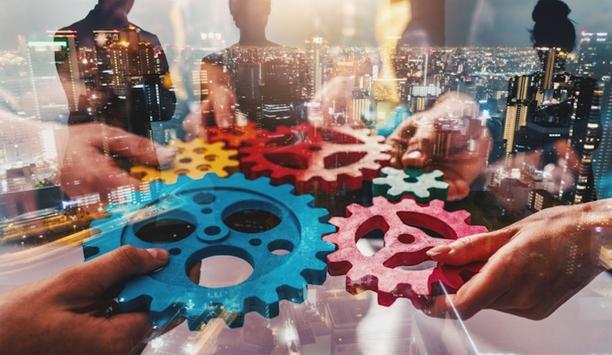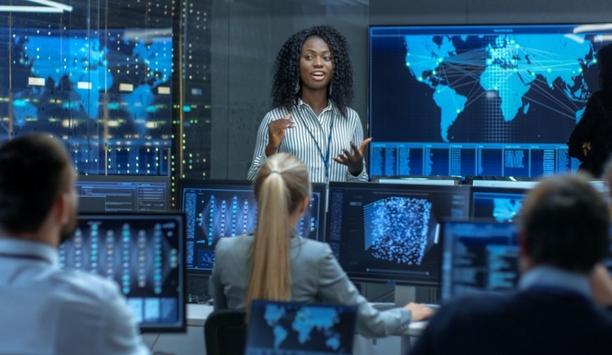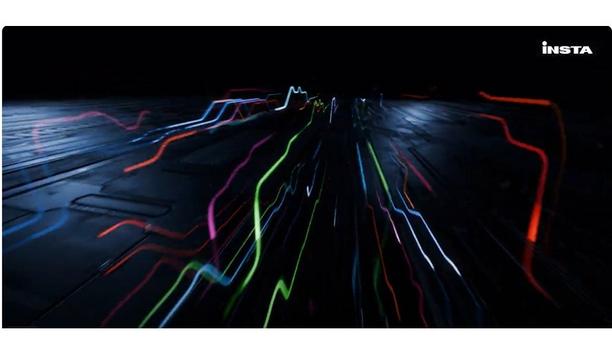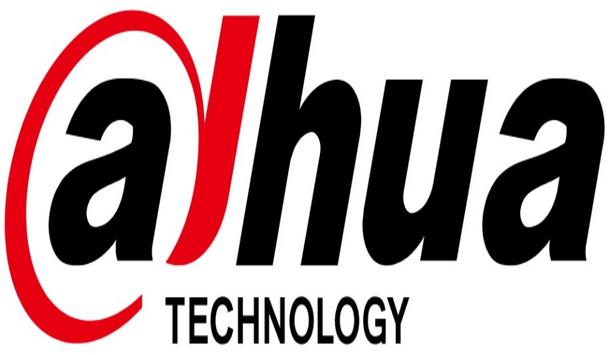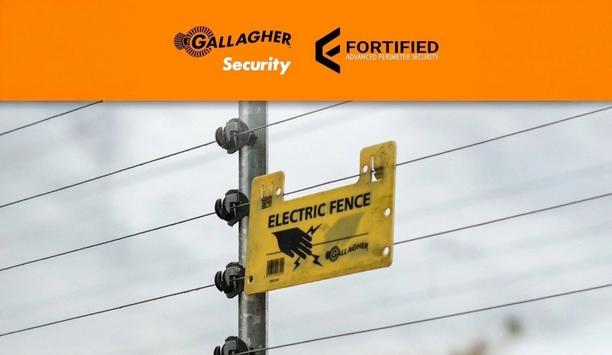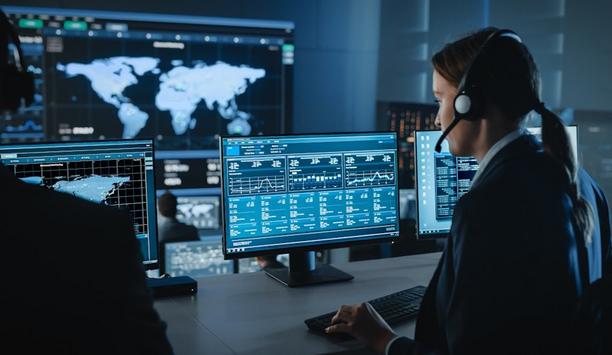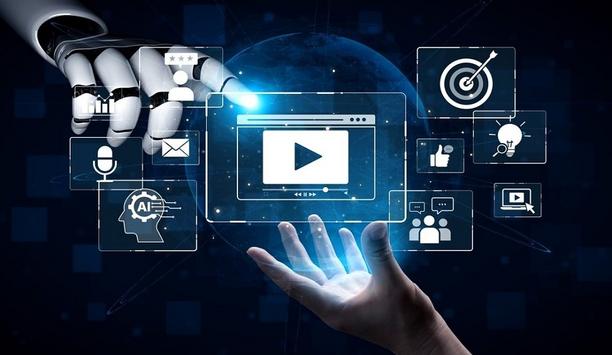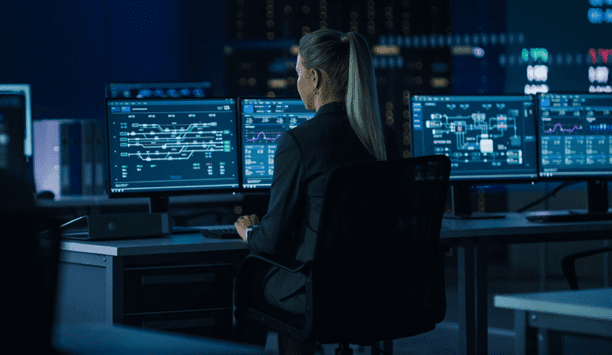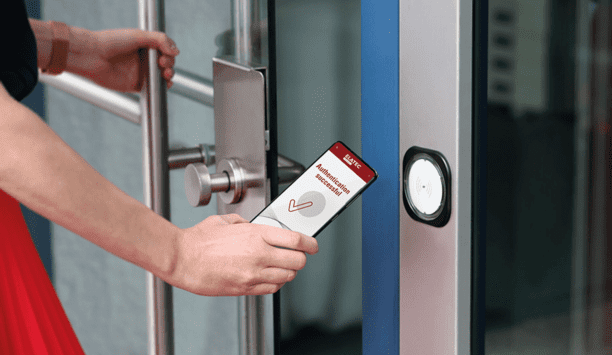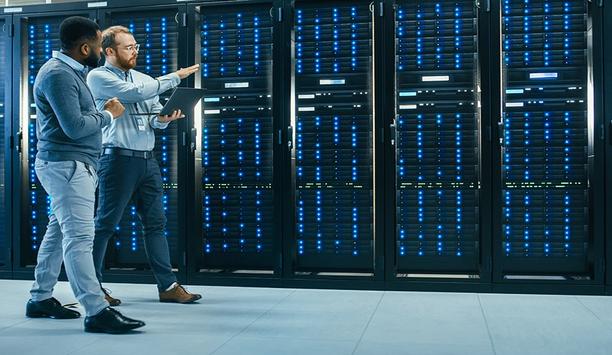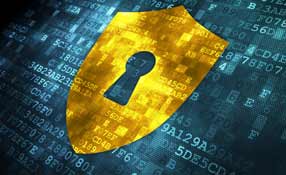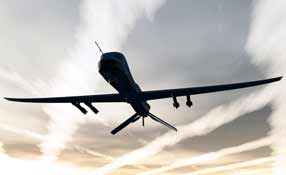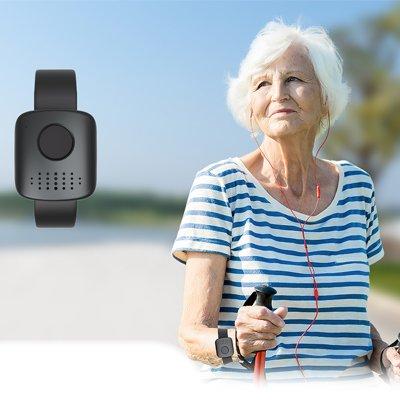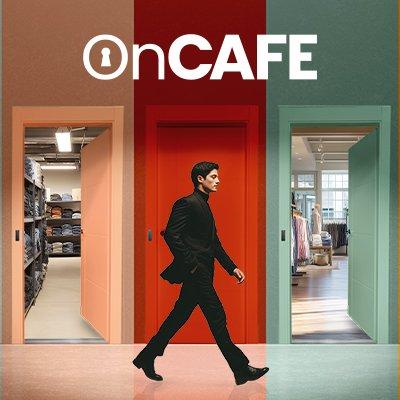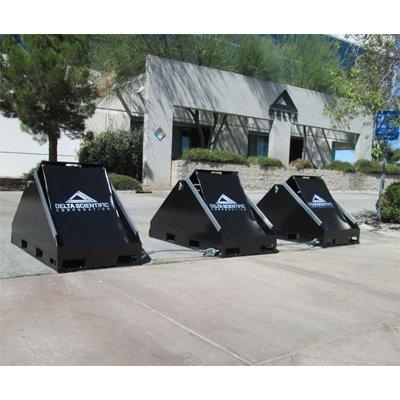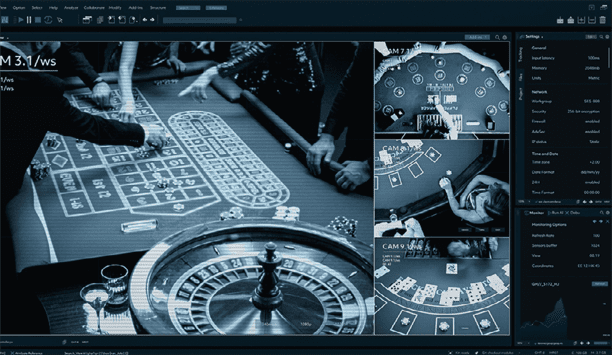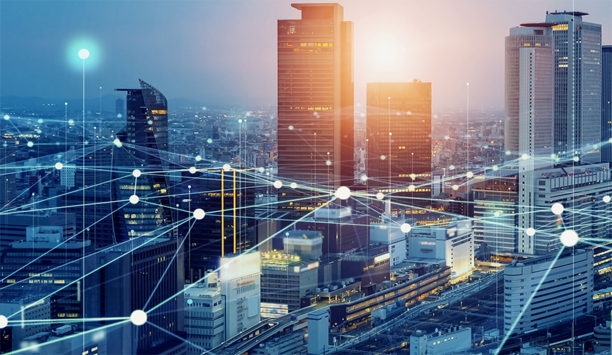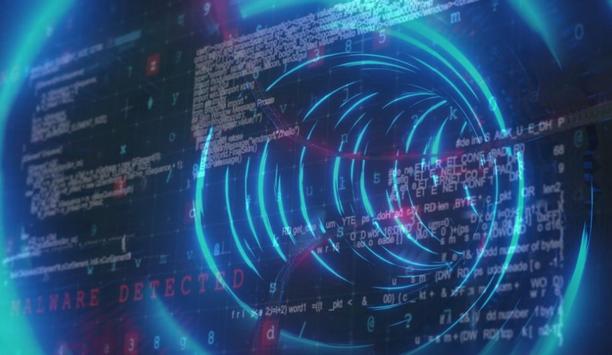My last few airplane trips have included a fun surprise at the Transportation Security Administration (TSA) security screening line – I was invited to enter the TSA Pre-Check line, where you get to keep your shoes on and your laptop in your bag, among other benefits. It’s also a shorter line that goes faster.
I had heard about the Pre-Check line from my neighbor, who described his complex process of applying for the perk. What I have since deduced is that the TSA has also been allowing additional, non-Pre-Checked people (like me) in the faster line, including some people chosen randomly on any given day. Perhaps the goal is to attract more people to the program by giving them a taste of its benefits.
I was especially glad to get in the faster line because the regular lines have new machines that make you stand and put your hands over your head and pose to enable them to get just the right scan (while not invading your privacy, I’m sure.) The juxtaposition of more stringent screening for the masses, alongside less stringent screening for a random few, makes the airport screening process seem even more puzzling.
Like many in the security market, I have wondered whether airport screening has really had much impact on security. I have heard it referred to as “security theater” that was implemented after 9/11 to help the traveling public feel safer. It seems to have achieved that goal, although how much else it has accomplished could be debated. Sometimes it seems like “theater of the absurd,” performed by tired, disengaged travelers herded like cattle through a maze in their sock feet.
Has anyone really evaluated the effectiveness of our current airport security screening processes? Many asked the question right after 9/11, and the results of those discussions are what we have now. Is this the best we can do?
Apparently now each traveler has a random chance of being blessed with a less thorough and faster screening process, which can presumably now happen without any negative impact on the safety of the traveling public as a whole. But we still need baggies for our toothpaste. Some principles of security are so complex that the layperson just can’t understand them.




